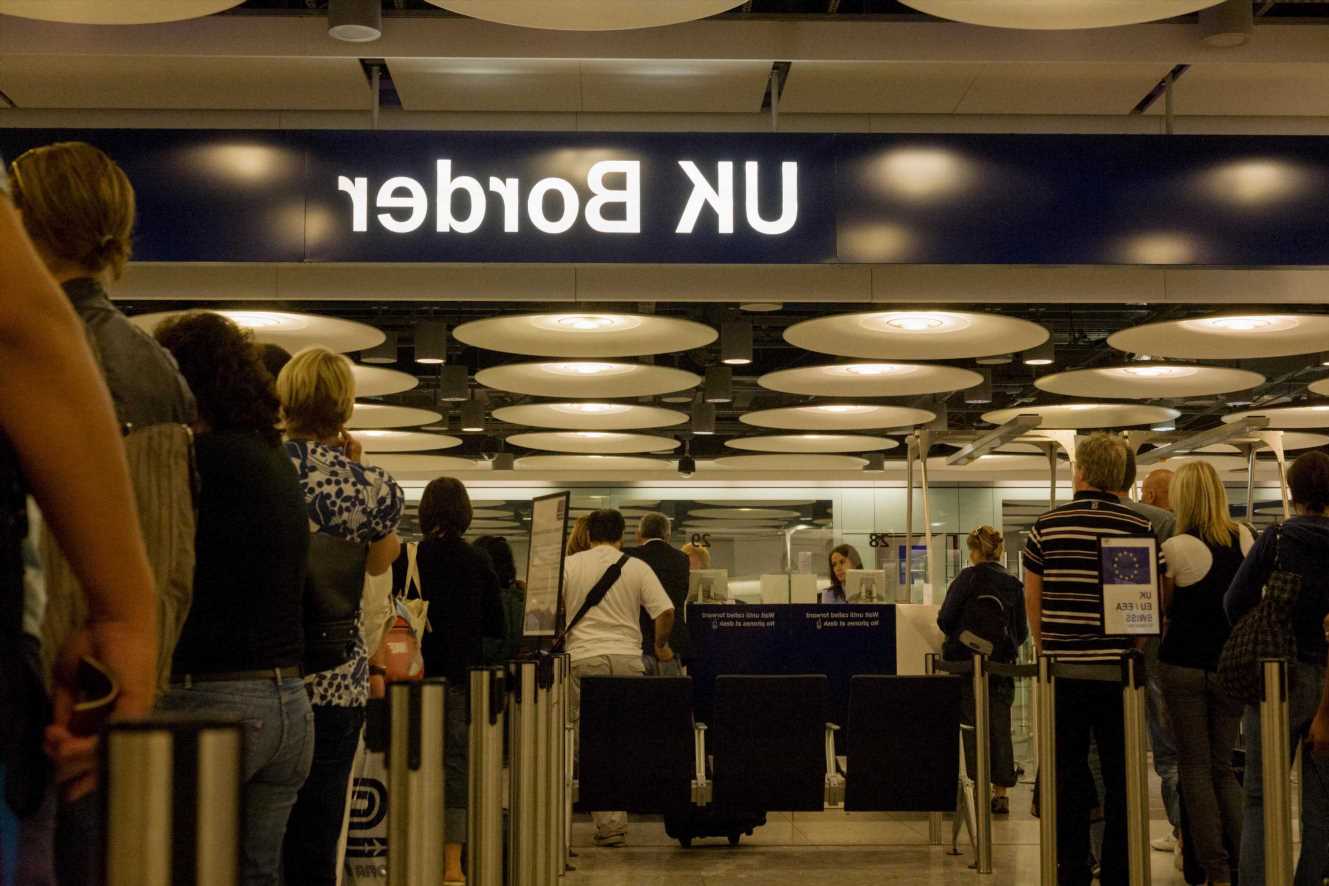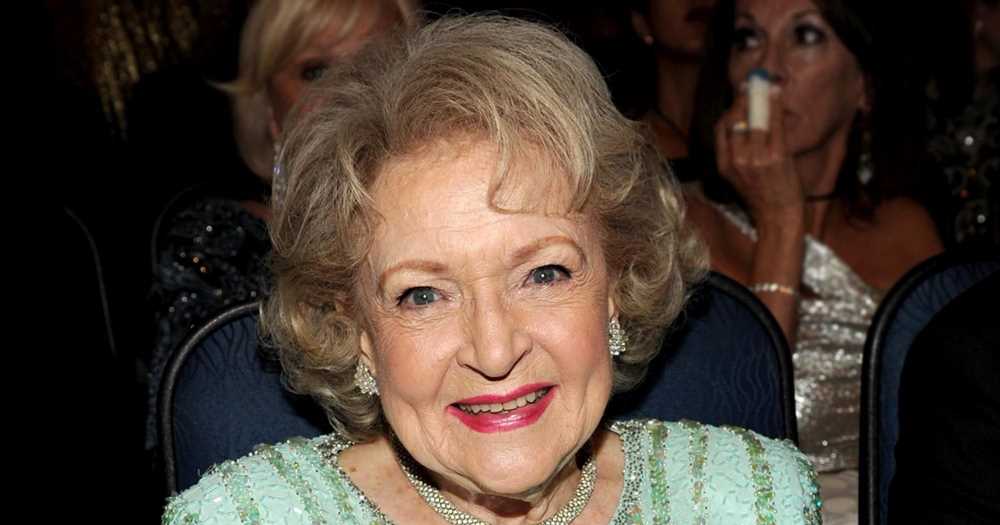A jury reached a verdict in the trial of Elizabeth Holmes on Monday, January 3.
Holmes was the CEO of Theranos, a blood-testing startup that was accused of scamming patients by taking a vial of blood to test for diseases – but the tests didn't work.
What was the Elizabeth Holmes trial verdict?
Holmes was found guilty on four charges, three counts of wire fraud and one count of conspiracy to commit wire fraud.
However, the jury could not reach a verdict on three counts of wire fraud.
She was found not guilty of four other felony charges.
The verdict was read out on Monday, January 3, 2022.
Most read in US News
DEADLY RAMPAGE Mom 'stabbed children, 11 & 18, to death after chasing one in parking lot'
I found a premature baby abandoned in box in Alaska on NYE with note from mom
How killers are ‘glamorized’ after Windy city breaks violence record
Twisted crimes of monster who confessed to slaying 93 women
Earlier that day, a jury could not reach a unanimous verdict of 3 of 11 counts.
The New York Times reported Holmes will most likely appeal. Each count "carried a maximum sentence of 20 years in prison," the outlet reported.
CNN reported she faces up to 20 years in prison and a fine of $250,000 plus restitution.
What did prosecutors say in their closing remarks?
Elizabeth Holmes and her partner, Ramesh Balwani were charged with two counts of conspiracy to commit wire fraud and nine counts of wire fraud in the case against Theranos.
The jury's verdict comes after Elizabeth Holmes took the witness stand for seven days in what some called a bold decision.
Follow our Elizabeth Holmes live blog for the very latest news and updates…
Holmes told the jury she was innocent in the allegations of conspiracy and fraud, saying her partner, Ramesh Balwani, abused and manipulated her.
During her seven-day cross-examination, Holmes delivered conflicting statements by shifting the blame to Balwani who claims he is not guilty and faces his own trial.
Holmes additionally admitted to affixing the Pfizer and Schering-Plough logos, without the company's permission, when sending documents to Walgreens to boost Theranos' credibility.
However, on Tuesday she said she didn't remember the process for filling out and submitting the documents.
Holmes' testimony came months after she gave birth to her first child in July.
Holmes and Balwani were charged with two counts of conspiracy to commit wire fraud and nine counts of wire fraud in the case against Theranos.
Why was Elizabeth Holmes on trial?
Holmes founded Theranos in 2014 after spending two years developing a supposed technology that would be able to diagnose disease with a single vial of blood.
The then-30-year-old built the testing technology from only two semesters of studying biochemical engineering at Stanford University.
In 2015, one year after Holmes founded the company, John Carreyrou, a reporter for The Wall Street Journal received a tip alleging the technology didn't work and was churning out false results prompting medical issues for patients.
When the report was published, Holmes vehemently denied the allegations and threatened to sue Carreyrou for his article.
During her trial, Holmes testified that she and Balwani "were very worried about Mr. Carreyrou's story."
In a text message shown to the jury, Holmes said to Balwani they would "need to get ahead of all of it."
The FDA investigated the reports and found the tests did not work and patients were misdiagnosed resulting in improper care.
A document issued by the United States Department of Justice said Holmes and Balwani "claimed that Theranos developed a revolutionary and proprietary analyzer …" and "claimed the analyzer was able to perform a full range of clinical tests using small blood samples drawn from a finger stick."
The document claimed both Holmes and Balwani knew the Theranos analyzer was producing false results, adding, "The defendants also represented that the analyzer could produce results that were more accurate and reliable than those yielded by conventional methods – all at a faster speed than previously possible."
Holmes stepped down as CEO in 2018 and Theranos officially closed its doors three months later.
What was Theranos?
In 2018, nine people came forward to testify in a lawsuit against Theranos that their test results significantly impacted their lives, resulting in taking medication they did not need and changing their lifestyle.
At the peak of the Theranos organization, it was reported the company sold more than 1.5 million blood tests, for nearly 176,000 patients.
The patients collectively received 7.8million test results, most of which were proven to be inaccurate.
An archived file of the 240 diseases Theranos allegedly tested for shows prices starting as low as $3.13 for potassium levels and ranging upward to $108.98 for a test for Lymphocyte Enumeration.
In 2015, Theranos operated more than 40 locations in Arizona where a bill was passed to allow independent facilities to administer tests for diseases.
When the patients started speaking out in 2018, Heather Carter who was an Arizona House Representative and sponsored the direct-access bill told USA Today she was concerned about "patient safety."
"Hopefully justice will be served and people will have their day in court on this."
We pay for your stories!
Do you have a story for The US Sun team?
Email us at [email protected] or call 212 416 4552.
Like us on Facebook at www.facebook.com/TheSunUS and follow us from our main Twitter account at @TheSunUS
Source: Read Full Article








